EDDIE KENDRICKS
DECEMBER 13
1903—Another one of the great unsung heroines of the Civil Rights Movement Ella Baker is born in Norfolk, Va. She directed the New York branch of the NAACP; became executive director of the Martin Luther King Jr. founded Southern Christian Leadership Conference during the turbulent 1960s; and played a key role in the founding of the “Black Power” oriented Student Nonviolent Coordinating Committee.
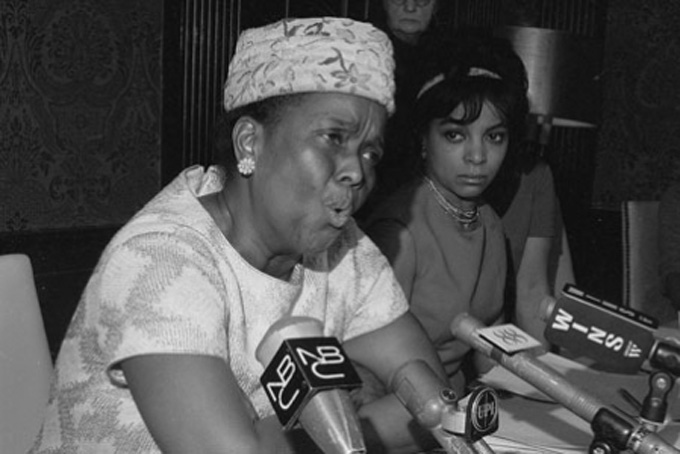
In addition, she was a mentor to Rosa Parks and helped to lead the Mississippi voter registration drive. She frequently found herself as the only woman in the usually all male leadership structure of civil rights organizations and often had to battle sexism. Even more than Rosa Parks, Baker deserves to be called the “mother of the civil rights movement.” Baker, a teacher, mentor and organizer, died in 1986 on her 83rd birthday.
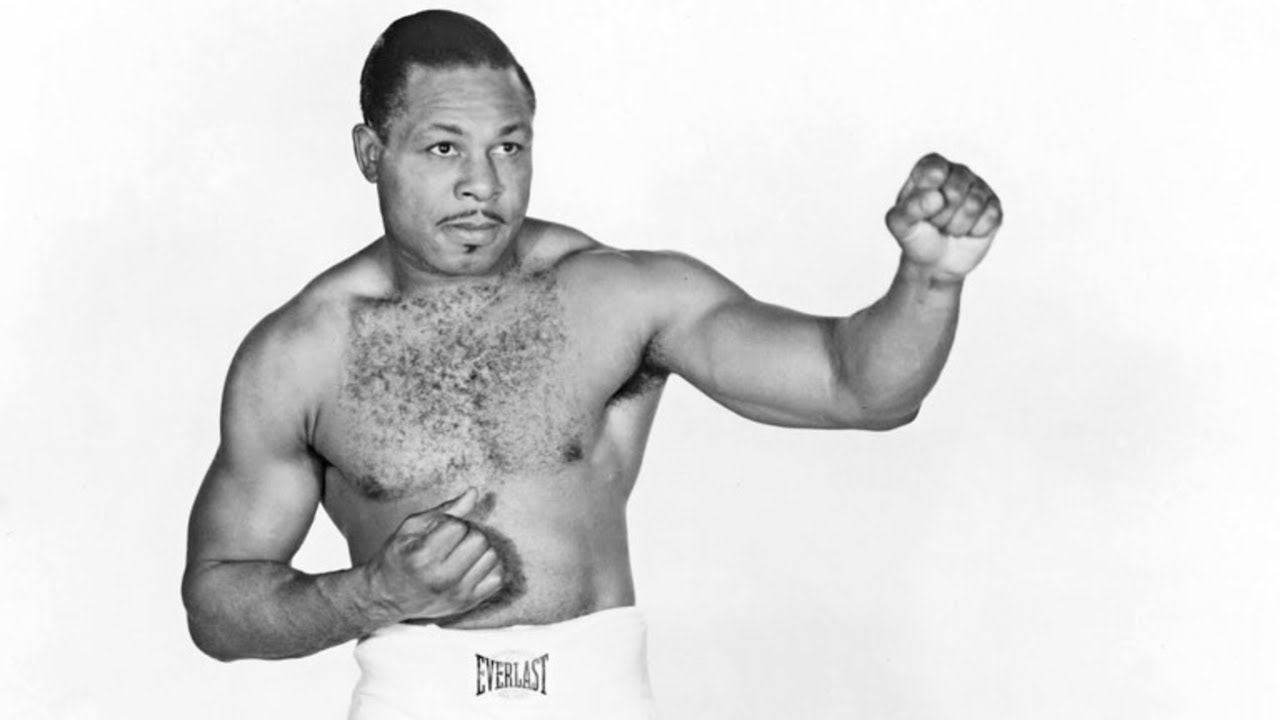
1913—Archie Moore is born Archibald Lee White in Benoit, Miss. He becomes light heavyweight champion in 1952.

1981—Old-style Black comedian Dewey “Pigmeat” Markham dies. His standup comedy routine was a major attraction at many Black-oriented events and shows during the 1950s and 1960s. He also achieved some national fame among Whites with his “here comes the judge” routine on the 1970s TV series “Laugh In.”
-
DECEMBER 14
1799—The first President of the United States George Washington dies. In his will the “founding father” stipulated that his slaves shall be freed upon the death of his wife Martha. Washington was a wealthy Virginian who supported slavery but did not want to see it expanded. In this regard, he signed the notorious Fugitive Slave Act of 1793 but also signed legislation barring the expansion of slavery into the Northwest Territories. Upon her death, Martha Washington also freed the slaves she owned. One Washington slave is known to have escaped and was never recaptured. His name was Ona Judge Staines.
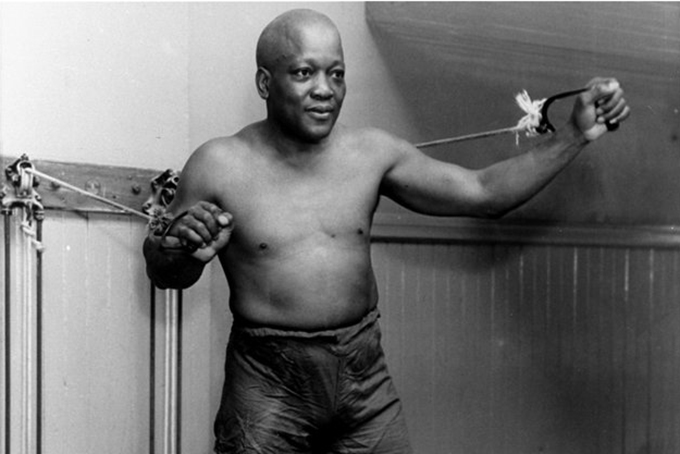
1915—Jack Johnson, perhaps the most controversial Black boxer in American history, wins the heavy weight championship. He fought at least 114 matches winning most of them. One biographer described Johnson as a man who “lived life his way.” But his outspokenness and affairs with White women ran him afoul of the racist authorities of the day. He was jailed for nearly a year in 1913 on trumped up charges. He fought his last match in 1928. After boxing he became a sensation on Broadway in the play “Great White Hope.” Born in Galveston, Texas, Johnson (full name Arthur John Johnson) died in Raleigh, N.C., as a result of an automobile accident.
-
DECEMBER 15
1864—One of the most decisive battles of the Civil War begins on this day with Black troops helping to crush one of the South’s finest armies at the Battle of Nashville. In a bid to stop the advances of the Union Army under Maj. Gen. William T. Sherman, rebel Gen. John Bell Hood led the powerful Army of Tennessee to Nashville to cut off Sherman’s supply lines. After two weeks of positioning and waiting for a break in the cold weather, the Union side finally decided to hurl the 13th United States Colored Troops at the Army of Tennessee. Although suffering massive casualties, the Black troops broke through the Confederate lines in a matter of hours. The victory helped to seal the South’s fate and bring an end to the Civil War the very next year.
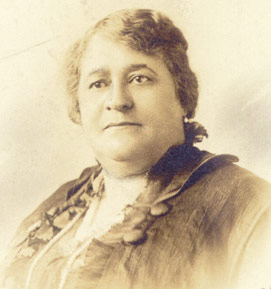
1934—Maggie Lena Walker dies on this day at age 69. She had become perhaps the most powerful Black female businesswoman and social activist in America. Born to former slaves who themselves became activists for Black betterment, Walker at the tender age of 14 joined the Independent Grand United Order of St. Luke in Richmond, Va. She would help transform the Order and led it to become a premier Black self-help group. At its height, the Order had 50,000 members, 1500 local chapters, and a multi-purpose financial complex. Under Walker, the Order started a newspaper–the St. Luke Herald and a bank—the St. Luke Penny Savings Bank. Indeed, the bank was the only Black Richmond bank to survive the Great Depression bringing other banks under its wing and becoming the Consolidated Bank and Trust Company.
-
DECEMBER 16
1859—The last known slave ship, The Clotilde, lands in Mobile, Ala., with a cargo of 110 to 160 Africans. The importation of Africans as slaves had been illegal in America since 1808. But the law was poorly enforced. However, fearing possible arrest by federal authorities, owners burned the Clotilde and attempted to scatter the slaves. But a group managed to escape and succeeded in establishing a village near Mobile known as “Africatown.” The last known survivor of this group was Cudjo Lewis (African name Kossula).
-
DECEMBER 17
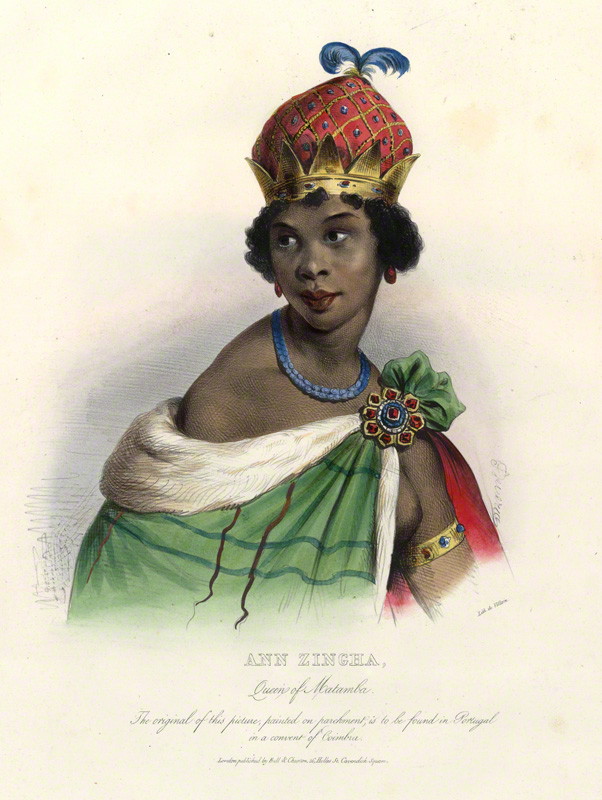
1663—Queen Nzingha of Angola dies at the age of 82. Known as the Warrior Princess of Matamba, Queen Nzingha gained legendary fame for her resistance to Portuguese attempts to colonize the interior of Africa. She also battled the Dutch slave trade. Leading a tribal group known as the Jugas, she is generally credited with leading the stiffest resistance to early European colonialism and imperialism.
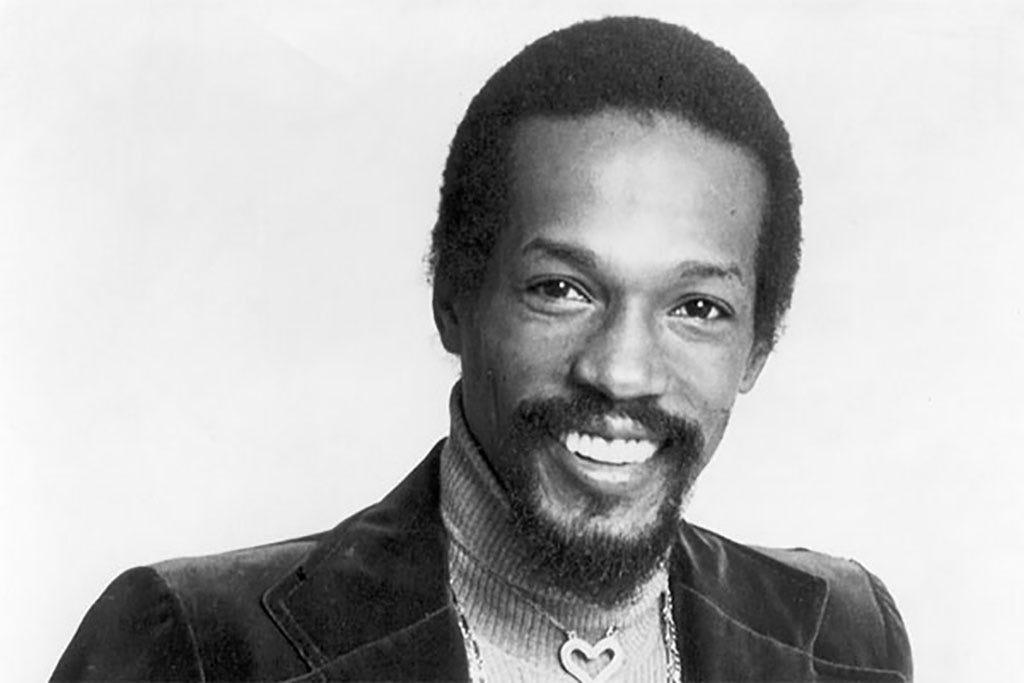
1939—Eddie Kendricks is born in Union Springs, Ala. Kendricks was the lead singer for the Temptations during the group’s heyday.
1975—Pioneer Jazz lyricist Noble Sissle dies on this day in 1975. He was one-half of the famous team of Sissle and Blake (Eubie Blake). Sissle wrote the lyrics and sang the songs while Blake composed and played the music. Sissle died at his home in Tampa, Fla. He was 86.
-
DECEMBER 18
1865—Congress passes the 13th Amendment to the Constitution officially abolishing slavery in America. The actual ratification of the Amendment had been completed on Dec. 6. Reconstruction began and legendary abolitionist Frederick Douglass considered retiring to a farm after urging the nation to insure Black voting rights. But a February 1866 meeting with President Andrew Johnson shocked him out of retirement. Johnson told the Douglass delegation that he intended to support the interests of Southern Whites and would oppose giving voting rights to the ex-slaves. Johnson’s racism led to a radicalized Congress passing pro-Black legislation over his vetoes.
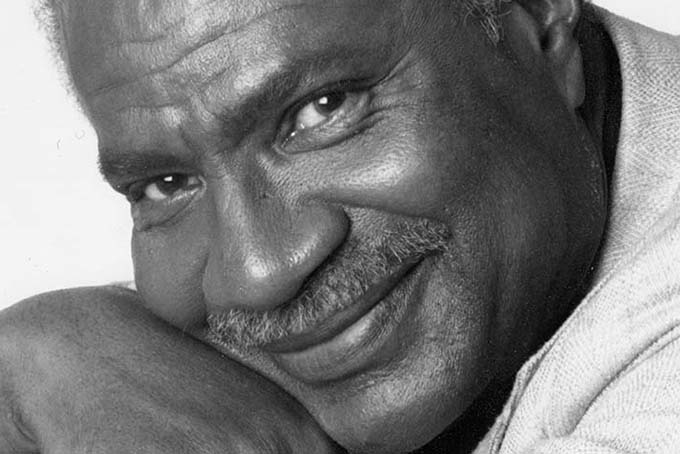
1917—Performer Ossie Davis is born Raiford Chatman Davis on this day in Cogdell, Ga. Davis was probably Black America’s best example of a combination entertainer and political activist. In addition to his stage and movie careers, Davis and his wife, Ruby Dee, were deeply involved in the Civil Rights Movement. Davis was a key speaker at the funerals of both Malcolm X and Dr. Martin Luther King Jr. He died Feb. 4, 2005 of natural causes while in Miami Beach, Fla.

1971—National Black political leader Rev. Jesse Jackson founds Operation PUSH (People United to Save Humanity) in Chicago. Breaking with some of the older civil rights organizations, Jackson declared that the modern problems facing Blacks “are economic so the solution and goal must be economic.”
1996—The Oakland, Calif., school board shocks the nation and angers much of the educational establishment by recognizing “Ebonics” (Black English) as a separate language and not a dialect or slang.
-
DECEMBER 19

1875—The man who would become recognized as the “Father of Black History,” Carter Godwin Woodson, is born on this day in New Canton, Buckingham County, Va. Woodson founded the Washington, D.C.,-based Association for the Study of Afro-American Life and History. He wrote hundreds of articles about Black history and published several books with the most widely circulated being “The Negro in Our History” and launched the information celebration now known as Black History Month. His famous warning to African-Americans about the need to know and study Black history was, “Those who have no record of what their forebears have accomplished lose the inspiration which comes from the teaching of biography and history.” Woodson died suddenly on April 3, 1950.

1891—One of the pioneers of Black Catholicism, Charles Randolph Uncles, was ordained the first African American priest in America on this day in Baltimore, Md.
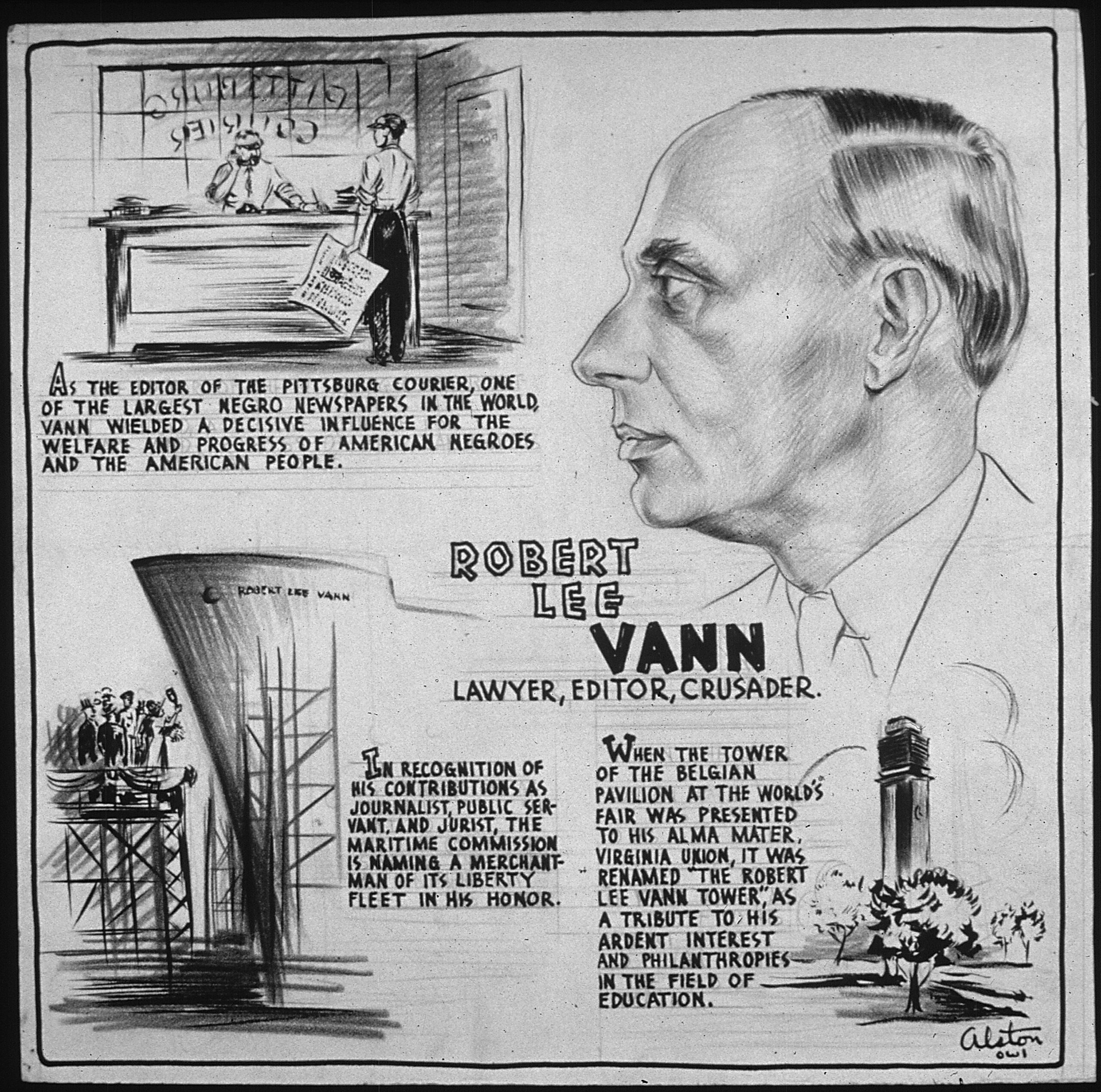
1910—Two of the nation’s leading Black newspapers were founded on this day: the Pittsburgh Courier and the Norfolk Journal and Guide. The Pittsburgh Courier would become the nation’s largest circulation Black-oriented newspaper after Robert Lee Vann became editor & publisher. The Norfolk Journal and Guide evolved from a fraternal order publication known as the Lodge Journal and Guide.
1930—Perhaps the nation’s leading Black sorority, Delta Sigma Theta, is officially incorporated. The sorority was actually founded in 1913 by 22 coeds at Howard University in Washington, D.C. One of the first public acts by the group was to participate in a demonstration in March 1913 demanding that women be given the right to vote.



